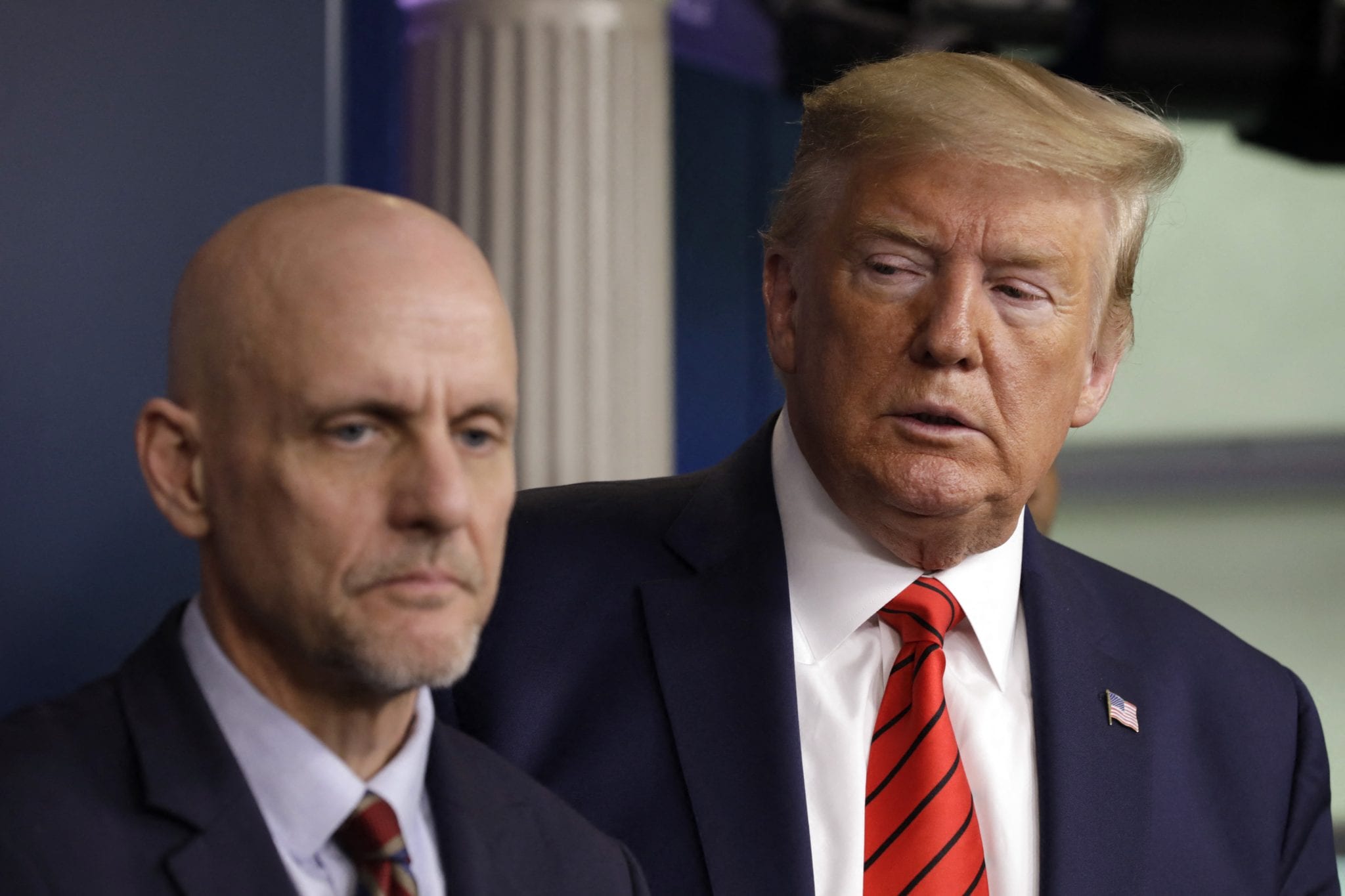
President Trump listens to FDA Commissioner Stephen Hahn speaking at a press briefing on the Covid-19 pandemic with members of the Coronavirus Task Force at the White House in Washington on March 19, 2020. Photo by Yuri Gripas/Abaca/Sipa USA(Sipa via AP Images)
Drugmaker rethinks its decision to double price of a generic after Trump calls it a coronavirus lifesaver — reports
After President Trump on Thursday implied a decades-old malaria drug was sanctioned by the FDA to fight the new coronavirus, reports emerged that late last …
Sign up to read this article for free.
Get free access to a limited number of articles, plus choose newsletters to get straight to your inbox.